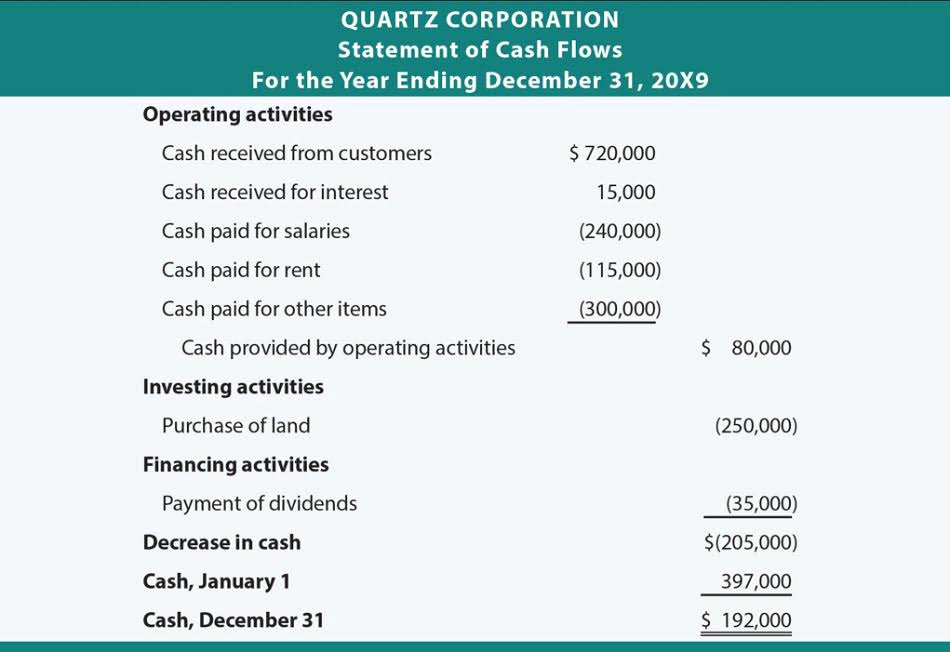What is the significance of FOB Shipping Point and FOB Destination?
![]()
From an accounting perspective, the seller can then record the sale while the buyer would record the inventory. This is because the buyer now assumes all responsibility for the shipment once goods are ‘free on board’. The buyer will take on transport and insurance costs, and any potential risks or damages that may occur while shipment is in transit.

To Ensure One Vote Per Person, Please Include the Following Info
At the time, the primary benefit of employing FOB was to determine who owned the freight in the event of damage or theft during transit. To reduce needless costs, it is critical to establish standard FOB terms that should be included in the purchase order or contract. Free on Board or FOB is a transportation term related to international commercial law.

FOB destination definition
- The ICC reviews and updates these terms once every decade; the next update is in 2030.
- Understanding Free on Board (FOB) is crucial for businesses engaged in domestic and international trade.
- The complexity of FOB agreements is often misunderstood, according to a 2018 study by Ki-Moon Han of the Korea Research Society for Customs.
- Thus, the true significance of FOB destination conditions is the issue of who pays for the freight.
- FOB status says who will take responsibility for a shipment from its port of origin to its destination port.
But if the invoice says “FOB Miami,” the responsibility stays with the seller until they arrive at their destination. Understanding the nuances of FOB is paramount for businesses engaged in international trade, as it directly influences pricing, risk management, and logistical strategies. Incoterms (International Commercial Terms) are a set of internationally recognized standards that define fob shipping point the roles of buyers and sellers in the transfer of goods in international and domestic trade. In classic FOB contracts, sellers are relieved of responsibility and costs for their goods, once the goods are loaded onto a container ship. Free on board, also referred to as freight on board, only applies to shipments made via waterways and doesn’t apply to goods transported by vehicle or air.
Difference between CIF and FOB
- There are certain situations when CIF is the better option to use when shipping and receiving goods.
- This could be a seller’s loading dock, a shipping port, or an originating port where a freight forwarder consolidates shipments.
- Even so, buyers sometimes prefer CIF contracts because of the convenience of not dealing with any risks, claims, or freight issues while the goods are transported.
- At the buyers destination, the buyer has not yet incurred any freight but owes the seller for the goods.
- For FOB Shipping Point agreements, the buyer assumes the risk almost immediately after the transaction starts, which can be unnerving, especially for high-value goods or volatile shipping routes.
Even so, buyers sometimes prefer CIF contracts because of the convenience of not dealing with any risks, claims, or freight issues while the goods are transported. With FOB destination, the sale of goods is finalized once they arrive at the buyer’s destination. In this case, the seller may take care of the shipping costs and be responsible for any transportation liabilities. When the goods reach the buyer’s location, the title of ownership is shifted from the seller to the buyer. Freight Collect is often the choice for businesses that prefer to have full control over every aspect of the shipping process, from selecting shipping terms to managing freight charges. However, this method does place the onus of risk and responsibility firmly on the buyer’s shoulders, from the point of FOB designation to the goods’ arrival at the buyer’s location.

What Are the Costs for Free on Board (FOB) Freights?
Jeff tries to sue Ann, but he can’t because the title of the goods already passed to him. FOB destination, on the other hand, transfers the ownership of the goods at the delivery point with the seller traditionally paying for the shipping expenses. Since the ownership of the goods doesn’t transfer to the buyer until the goods arrive at the delivery point, the risk of loss during transit is on the seller. FOB shipping point holds the seller liable for the goods until they’re transported to the customer, while FOB destination holds the seller liable for the goods until they have reached the customer. Choosing the right FOB term can significantly impact your business operations, financial records, and risk management, so consider these factors carefully.

- It includes costs such as employing workers to unload the products and leasing a warehouse to keep the goods.
- The specific definitions vary somewhat in every country, but both contracts generally specify origin and destination information that is used to determine where liability officially begins and ends.
- Furthermore, the most major benefit of choosing FOB is that the buyer has the ability to negotiate for freight services and obtain the best price.
- For FOB Destination the seller completes the sale in its records once the goods arrive at their final destination, and the buyer records the increase in its inventory at that time.
- This includes ensuring the goods arrive at the FOB destination in a satisfactory condition.



Leave a Reply